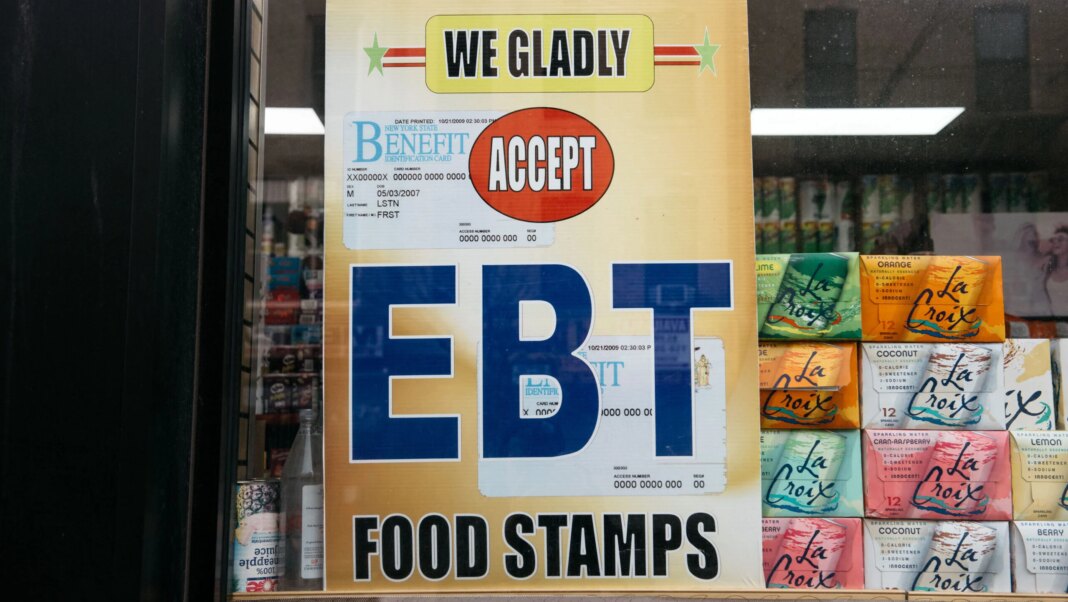The Ongoing Government Shutdown: Impacts on Millions of Americans
The government shutdown that began on October 1 has sent shockwaves through communities nationwide, highlighting the immediate and long-term consequences for millions of Americans. As lawmakers continue to grapple over funding, the implications are becoming increasingly dire, particularly as November approaches.
Rising Health Insurance Premiums
One of the most pressing concerns is the impending spike in health insurance premiums for those enrolled in marketplace plans. Without resolution by the end of October, millions could face financial challenges as insurance premiums rise sharply. Reports suggest that premiums could increase from around $900 to nearly $1,900 annually, a staggering jump that would render healthcare unaffordable for many.
This issue is at the heart of a contentious political landscape, with Democrats advocating for the immediate extension of COVID-era healthcare subsidies. These subsidies were instrumental in reducing costs for families during the pandemic. Meanwhile, Republicans are pushing to delay negotiations until after the government resumes operations, leaving many families in a precarious position.
A Critical Safety Net: SNAP Benefits at Risk
As if the health insurance crisis weren’t enough, food assistance programs like the Supplemental Nutrition Assistance Program (SNAP) are also hanging in the balance. The program provides essential food benefits to approximately 42 million Americans, with funding running the risk of running out by November 1. The U.S. Department of Agriculture has already informed states about the potential inability to disburse full benefits, which could result in devastating impacts, particularly among families in need.
States like Texas, Pennsylvania, and New York are already sounding alarm bells, preparing residents for possible delays or even halts in benefits. This situation is especially critical for Black Americans, who make up nearly 25% of SNAP households, equating to an estimated 10.5 million people relying on this aid to put food on the table.
The Voices of Concern
Political leaders and advocates have voiced their deep concerns over the consequences of the prolonged shutdown. California Congresswoman Jasmine Crockett has been particularly vocal, calling attention to what she describes as legislative neglect. In her social media statements, she emphasized that the burden of this shutdown ultimately falls on the shoulders of the American people, who are left grappling with the fallout.
Crockett’s statements underscore the frustrations felt across various communities. As families await crucial assistance and healthcare costs loom large, many are left wondering why lawmakers can’t reach a solution.
Enrollment and Healthcare Accessibility
The implications of these political standoffs extend beyond immediate financial concerns; they also jeopardize the overall accessibility of healthcare for millions. The Affordable Care Act (ACA) has had a transformative impact, particularly during the pandemic, allowing approximately 22 million Americans to gain coverage. Enhanced premium tax credits lowered monthly costs significantly, leading to record enrollment and increased access to healthcare.
Without these subsidies, many could be forced into a situation where healthcare is no longer attainable, possibly leading to untreated medical conditions and further exacerbating public health issues.
The Broader Community Impact
The intersection of rising insurance premiums and potential SNAP benefit interruptions paints a concerning picture for American families. The combined effects could lead to increased food insecurity and healthcare disparities, particularly among marginalized communities who have benefited from these programs the most.
As the shutdown continues, the stakes grow higher. Both lawmakers and constituents eagerly await news of a resolution that will allow critical funding to flow once again, ensuring that essential services like healthcare and food assistance remain accessible to all Americans, particularly those who have historically faced challenges in receiving adequate support.
The ongoing governmental impasse is not just a political issue; it’s a human issue affecting lives across the nation. The wait for a solution is becoming increasingly urgent, with the clock ticking toward potentially dire consequences for millions.



